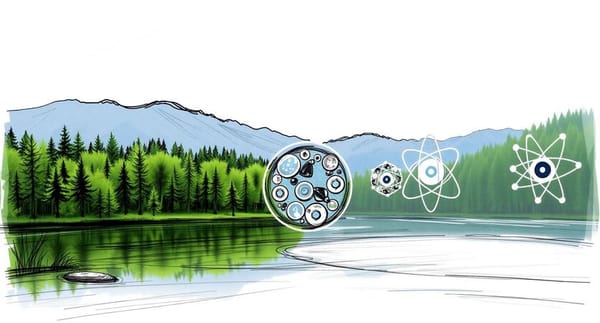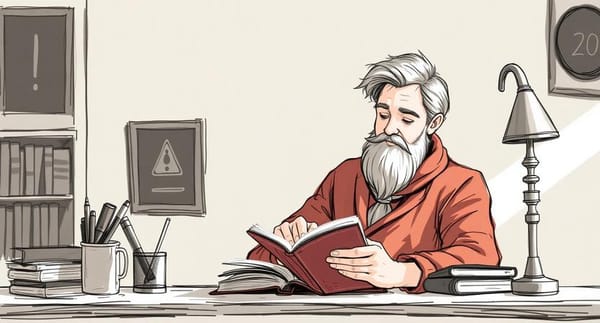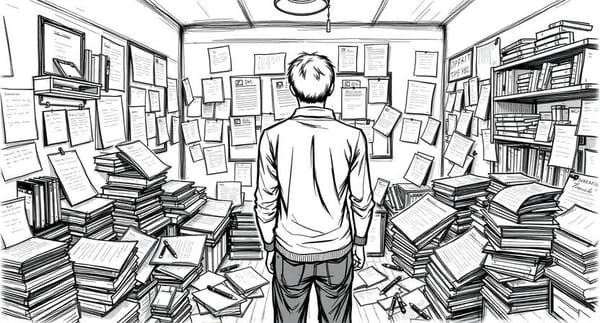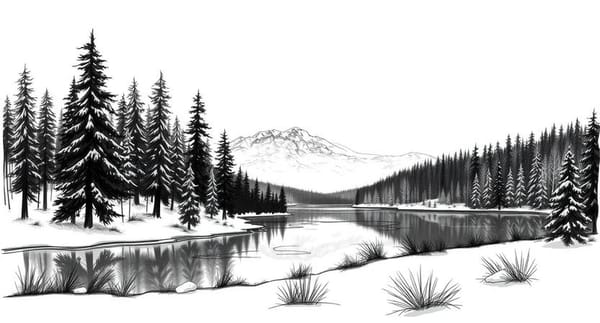Blowing the scientific whistle
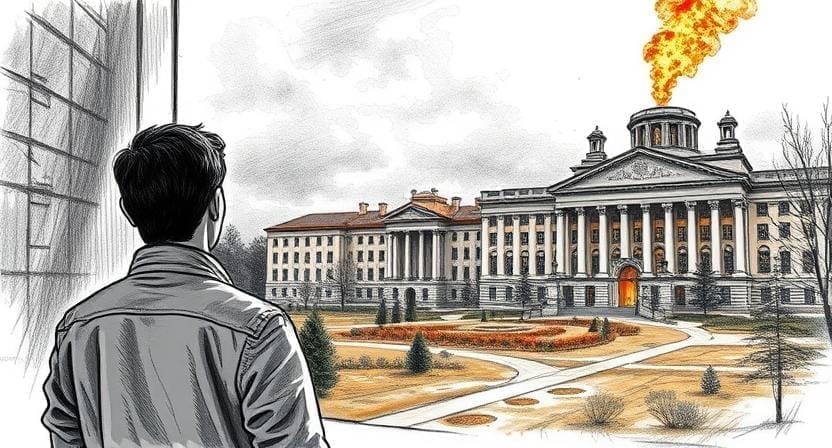
The most jarring experience of my life has been blowing the whistle in science. It’s a lonely walk that takes a lot of courage, dedication, persistence. Not just in the moment, but the long run, too. Remaining on track is more demanding than anything I’ve ever done.
It is also a deeply personal experience. You don’t stand up for things you don’t care about; you do it for what you hold close, hold tight. The core values woven into your identity. And once you start that fight, you uncover ever more parts of the self—an abyss of fears, doubts, insecurities you never knew before. It’s a special kind of disorienting that cannot be conveyed by text. As is the case for any journey: it needs experiencing for understanding, and everybody will find different challenges.
That situational uniqueness poses a fundamental problem: It makes it difficult to communicate and even tougher to relate—especially in the complex confines of science. I have spent who-knows-how-many hours contemplating it all. That nuanced knowledge allows me to see the bigger picture, and passing that on appears a Herculean task. It desires the simultaneous description of all relevant aspects; a framing from all sides at once. Language in its linearity does not lend itself to that, and thus a long path lies before me, still.
But if bite-by-bite description is demanded, so be it. It may honestly do me well, considering how the situation’s totality has now stunned me for years. So, before we dive into it, let me get a few things out the way:
One: Though I will detail the long and winding road of one particular instance, the situation wonderfully reveals many fundamental flaws that pervade modern academia as a whole. It is an excellent case study, as I hope you’ll soon agree, and many larger insights can be drawn from it.
Two: There’s a lot that contributes. The volume of my criticism requires justification with incisive, convincing arguments, and I will do my best to build them. But: The real onus of proof lies on them. Claims do need verification—that’s how science works—and all conclusions that stand on unproved, omitted, neglected, ignored, or demonstrably problematic ground must be dismissed.
Three: I regret having to highlight the flaws in other people’s publications, but frankly, find it justified. My work was to build upon these findings, and I found them not just shaky, but entirely untrustworthy. Not only did it take forever to identify these issues, but they cost what little career chances I had left and resulted in the most intense health crisis of my life. It bears mentioning that this approach actually provides an easy, clear defence strategy for my opposition: Just show the data that proves your claims. Highlight the flaws in my logic. Explain why your original findings are reliable, still. And if I am indeed so wrong, tell me why. So far, nobody did.
Four: Although I will highlight serious problems in modern academia, none of it attacks science itself. In fact, my analysis is a plea for the defence of its fundamental principles. I only aim to bring attention to the issues undermining them.
So, now with that behind us, allow me to say:
What follows will detail the complete, utter breakdown of the entire scientific process and all its safety features.

